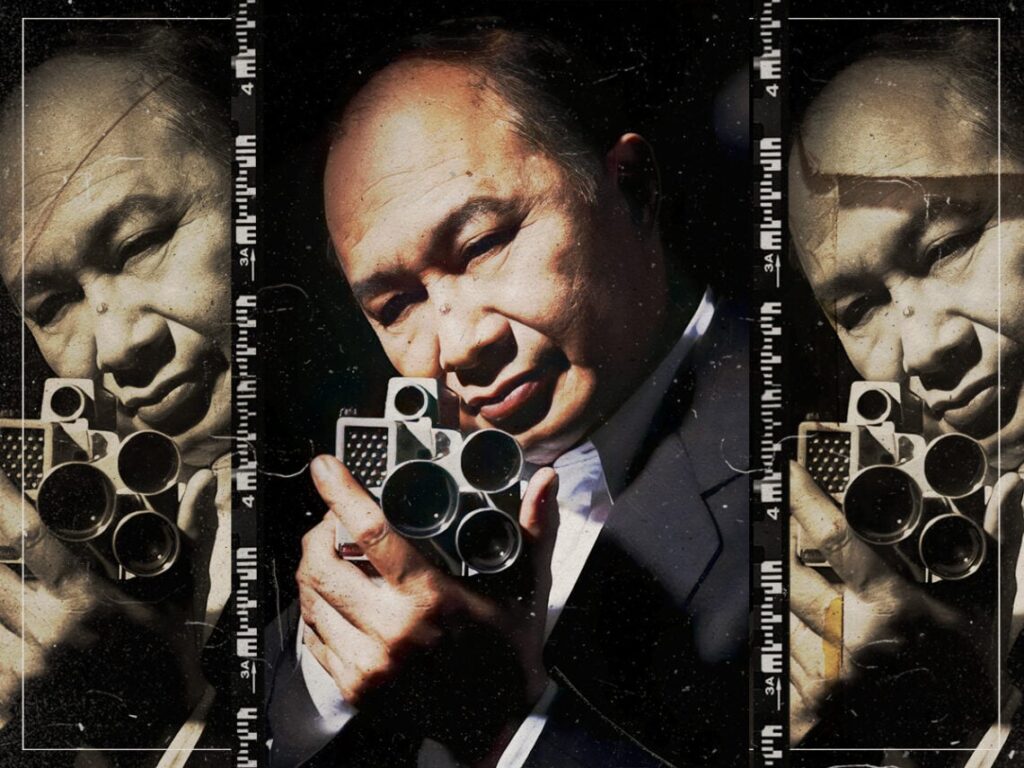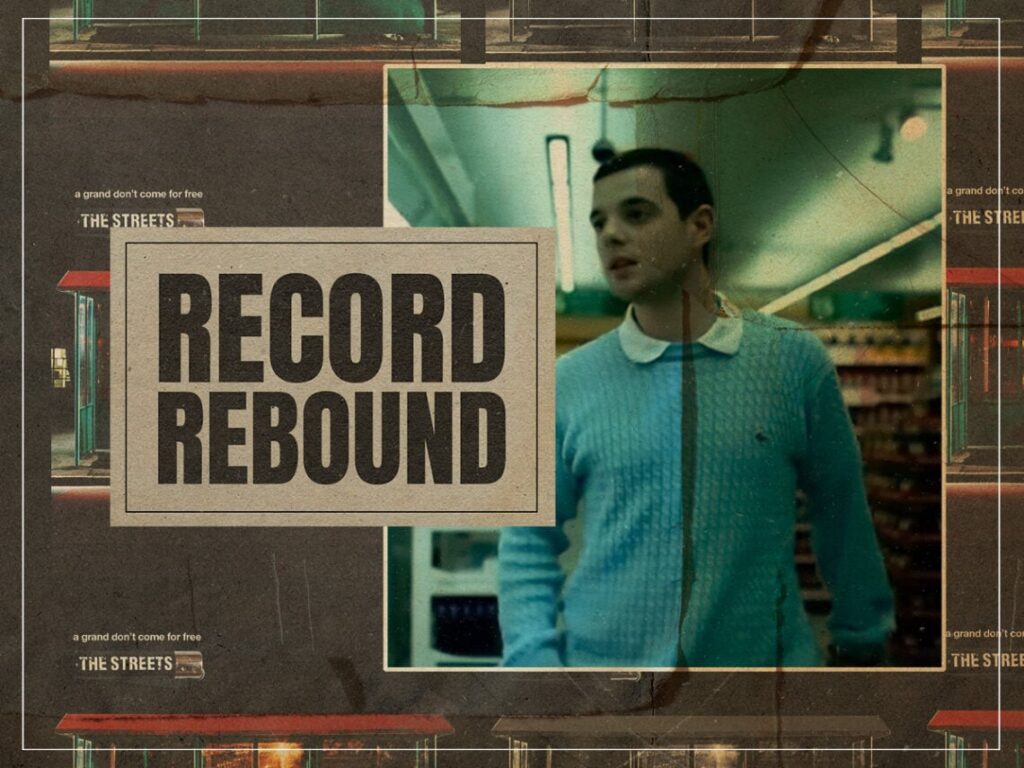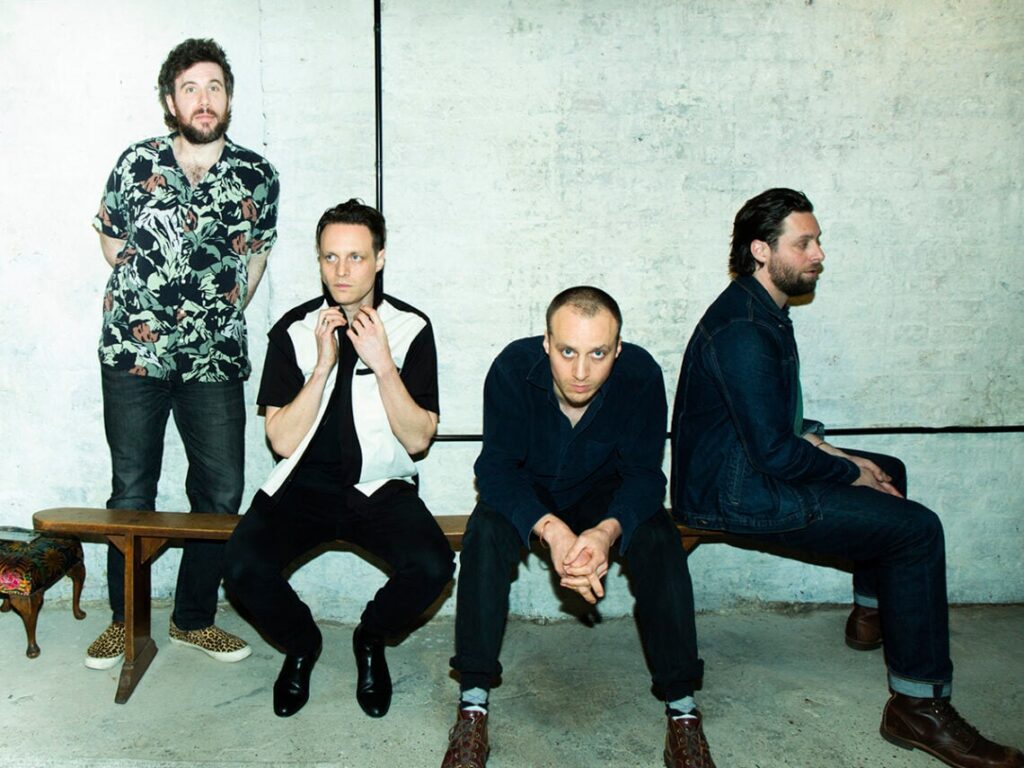Hyper-masculinity and violence: the homoeroticism of John Woo’s male protagonists
 Posted On
Posted On
(Credits: Far Out / MUBI)
The action movies of Hong Kong cinema icon John Woo burst with kinetic energy unrivalled by any of his contemporaries. Known and loved for pioneering the heroic bloodshed and gun fun genres, Woo’s films, dripping in slow motion shots and a highly stylised aesthetic, are akin to bullet-based choreography or dance through death.
Beyond the chaotic gunfights, however, there often seems to be an air of tension between Woo’s characters, not necessarily owing to their personal antagonism. In some of Woo’s films, there’s a sense that the relationships of his male protagonists are defined by a subtle homoeroticism that lies bubbling beneath the surface, perhaps suppressed by the insistence and necessity of masculinity in the action genre.
Male relationships in the likes of The Killer and Hard Boiled are primarily established through a mutual degree of platonic respect, camaraderie and friendship. However, our most intimate friendships are sometimes the ones that make us question our most conflicted sexual feelings. Occasionally, Woo can suggest something that transcends the limits of brotherhood with an act of loving heroism or even just a moment of sexually charged eye contact.
In The Killer, Chow Yun-fat’s redemption-seeking hitman Ah Jong forms an unlikely alliance with Danny Lee’s forgiving Detective Li despite their being on opposing sides of the law. Somehow, a bond between the pair strengthens, and as the film draws to an intense climax, Detective Li makes a heroic personal sacrifice for his new ally that far surpasses mere friendship into the realms of love.
Chow also starred in Woo’s final movie before his transition to Hollywood, 1992’s Hard Boiled, and again, he seemed to be part of a male relationship that simmered with homoerotic tension. Chow’s maverick cop Tequila forges an intense partnership with Tony Leung’s Alan, and the pair’s friendship persistently borders on love itself. Hard Boiled seems to show how the hyper-masculine profession of a policeman negates any opportunity to show moments of emotion or vulnerability.
However, the air between Tequila and Alan is one that teeters on the verge of gayness, even though it is again somewhat suppressed. Scenes in which the two characters point a gun at one another are so loaded with horny, phallic imagery that it’s hard to believe that Woo did not have at least some kind of idea that Chow and Leung, two of Hong Kong’s biggest movie stars, would be turning on countless audience members regardless of their sexuality.
Sandwiched between The Killer and Hard Boiled is Woo’s 1990 film Bullet in the Head, another high-octane action flick and another that seems to have latent homoerotic desires hiding under its narrative and aesthetic surfaces. Our first sexual experiences and erotic feelings often occur in the presence of our childhood friends, and as the three main characters of Bullet in the Head, who are indeed all childhood allies, traverse through a life of romance, crime and warfare, their relationships with one another are put to the test.
However, that tension comes to the fore in the film’s finale, where jealousy and greed play out in a car chase and gunfight, which is typical of Woo’s general work as a director. Straying from the kinds of acts of heroism Woo detailed in The Killer and Hard Boiled, Bullet in the Head instead shows the murderous and violent consequences of a suppressed sort of erotic emotion and how the feelings of our youth can impact our present.
Woo has responded to suggestions of potential homoeroticism in his films, particularly in The Killer, by noting, “People will bring their own preconceptions to a movie. If they see something in The Killer that they consider to be homoerotic, then that is their privilege. It’s certainly not intentional.”
Still, a latent kind of desire can often bubble to the surface in our artistic endeavours. That’s not to say that Woo himself is gay – as a hetero-married man of nearly five decades – but that even if the director is resistant to admit to the homoeroticism of his male protagonists, it still might remain true that romantic and sexual energy can simmer between them.
Friendship is undoubtedly central to many of the action movies of John Woo, but the relationships formed between his characters are often so strong and so sexy that it’s hard to see them as being solely platonic. Rather, Woo asks his audience, whether intentionally or not, to consider the deeper loving, romantic, and perhaps even sexual meanings of the hyper-masculine crime world as bullets fly through the air, blood splatters against the walls, and two heroic men stand side-by-side, fighting together until their last breath.
[embedded content]
[embedded content]


